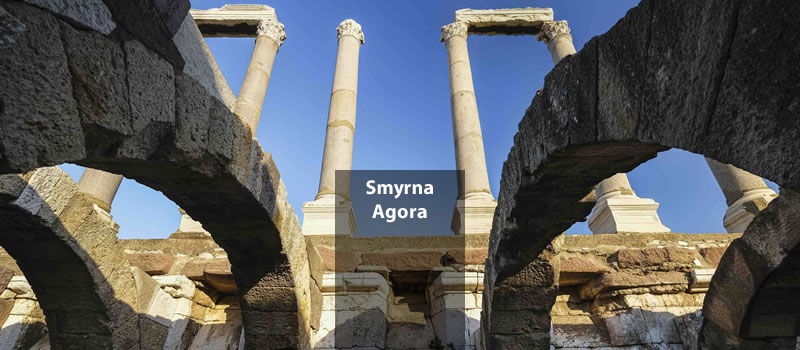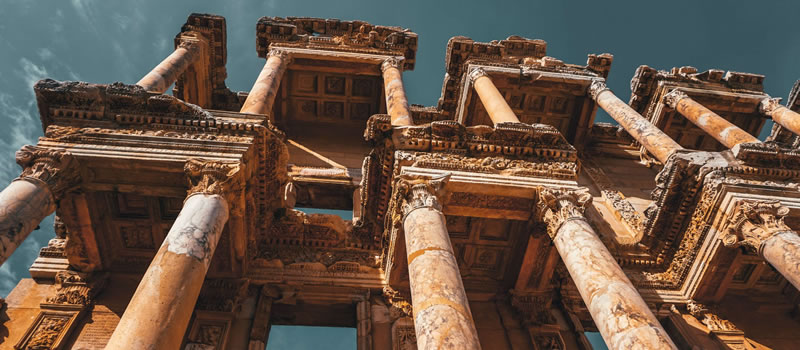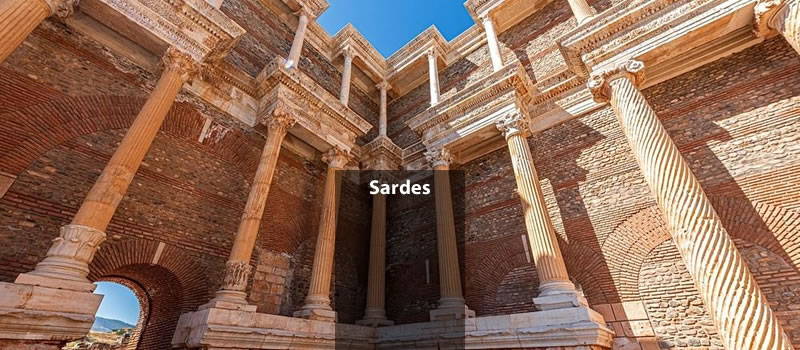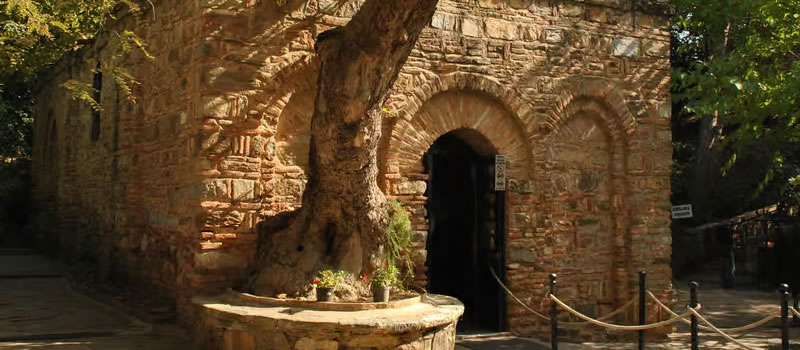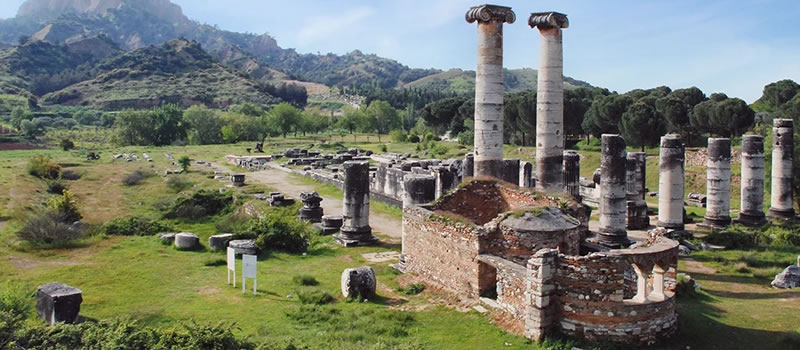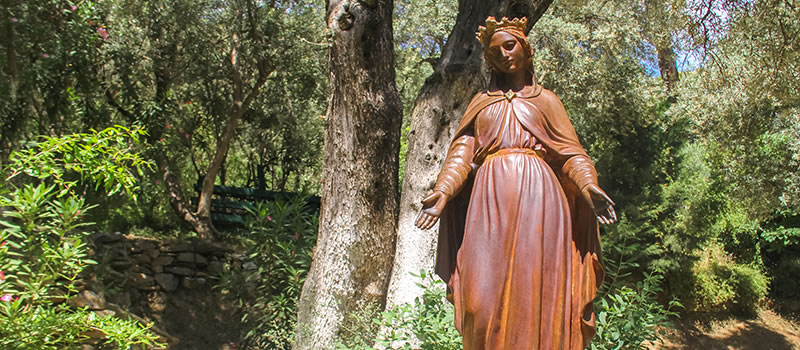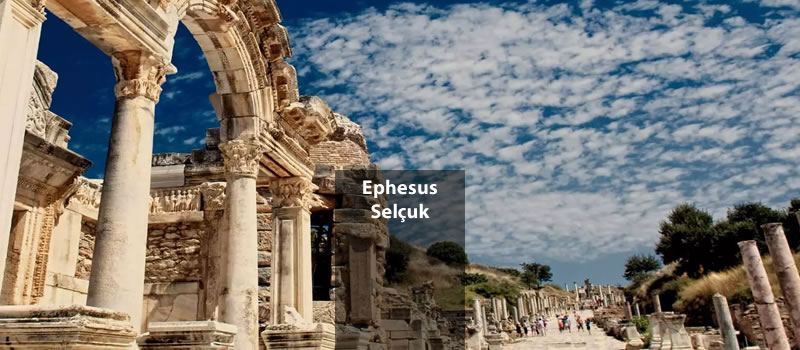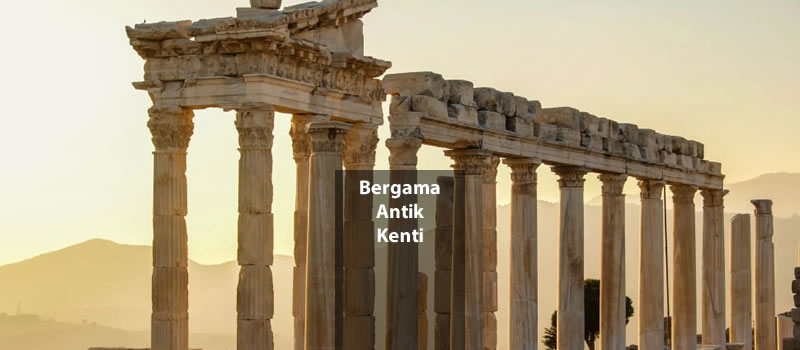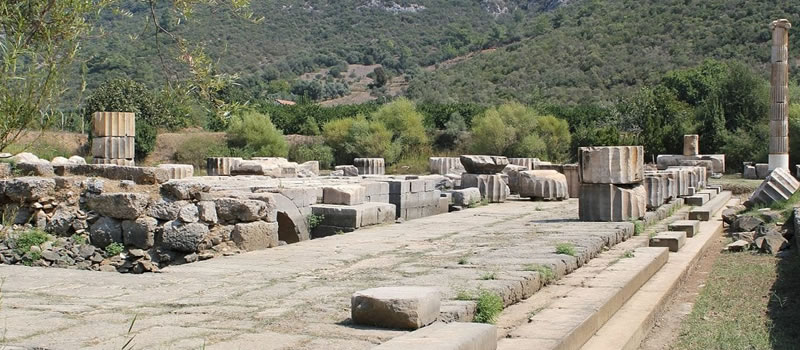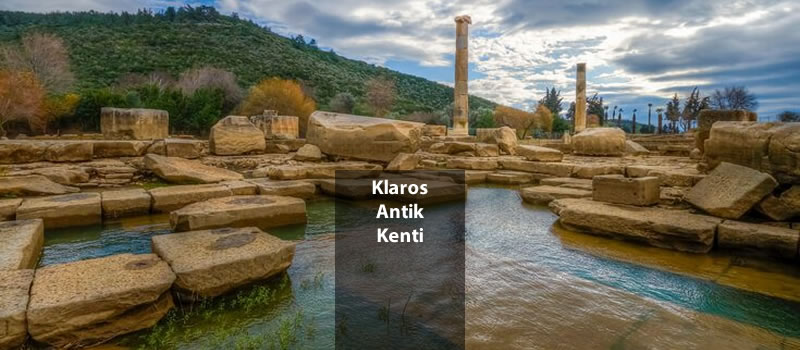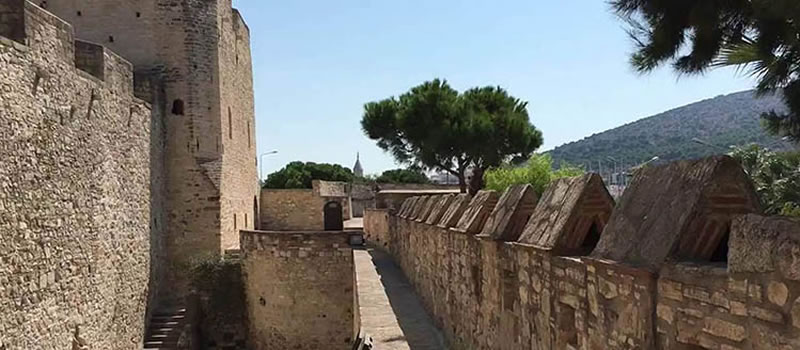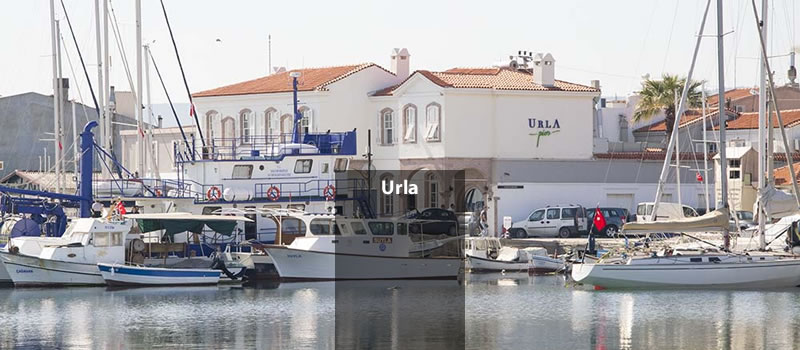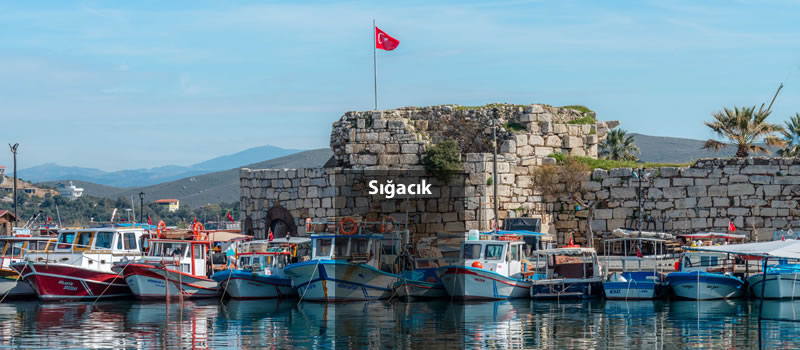City of Civilizations Kuşadası

It is a coastal town in Aydın province, in the west of Turkey. Its history dates back to ancient times and has been under the influence of many civilizations. Here is some important information about the history of Kuşadası:
The history of Kuşadası dates back to ancient times. During ancient eras, the region was ruled by various civilizations such as the Lydians, Persians, Romans, and Byzantines. Particularly in the 3rd century BCE, the area came under the influence of Hellenistic culture following the conquests of Alexander the Great.
Kuşadası's history flourished during the Roman Empire period. Under Roman control, Kuşadası became a significant port city, and notable structures like the Temple of Artemis, the Library of Celsus, and the Great Theatre were constructed. Ephesus Ancient City, enriched and expanded during this era, played a crucial role.
With the fall of the Roman Empire, Kuşadası and its surroundings came under the control of the Byzantine Empire. Christianity began to spread in the region during this period. Ephesus remained an important settlement during the Byzantine era.
In the 11th century, the Seljuk Turks gained control of the region, later becoming a part of the Ottoman Empire. Kuşadası retained its strategic importance during the Ottoman era, serving as a central hub for trade in the coastal areas.
In the mid-20th century, Kuşadası's touristic potential began to be discovered. Especially since the 1980s, with the rapid development of tourism, Kuşadası transformed into a modern resort town. Today, Kuşadası, known for its ancient ruins, beaches, shopping opportunities, and nightlife, attracts both domestic and international tourists.
Kuşadası's history encompasses a rich and diverse past, stretching from ancient times to the present day, turning the region into a cultural treasure.Aydın Province, located in the western part of Turkey, is home to a coastal district known as Kuşadası. Its history traces back to ancient times, influenced by various civilizations. Here are some key insights into the history of Kuşadası:
Ancient Period: Origins of Kuşadası
The history of Kuşadası dates back to ancient times. During ancient eras, the region was ruled by various civilizations such as the Lydians, Persians, Romans, and Byzantines. Particularly in the 3rd century BCE, the area came under the influence of Hellenistic culture following the conquests of Alexander the Great.
Roman Era: Ephesus Ancient City and the Impact of the Roman Empire
Kuşadası's history flourished during the Roman Empire period. Under Roman control, Kuşadası became a significant port city, and notable structures like the Temple of Artemis, the Library of Celsus, and the Great Theatre were constructed. Ephesus Ancient City, enriched and expanded during this era, played a crucial role.
Byzantine Empire: Kuşadası's Encounter with Christianity
With the fall of the Roman Empire, Kuşadası and its surroundings came under the control of the Byzantine Empire. Christianity began to spread in the region during this period. Ephesus remained an important settlement during the Byzantine era.
Seljuks and Ottomans: Influence of Turkish Islamic Culture
In the 11th century, the Seljuk Turks gained control of the region, later becoming a part of the Ottoman Empire. Kuşadası retained its strategic importance during the Ottoman era, serving as a central hub for trade in the coastal areas.
Modern Era: Contemporary Development of Kuşadası
In the mid-20th century, Kuşadası's touristic potential began to be discovered. Especially since the 1980s, with the rapid development of tourism, Kuşadası transformed into a modern resort town. Today, Kuşadası, known for its ancient ruins, beaches, shopping opportunities, and nightlife, attracts both domestic and international tourists.








